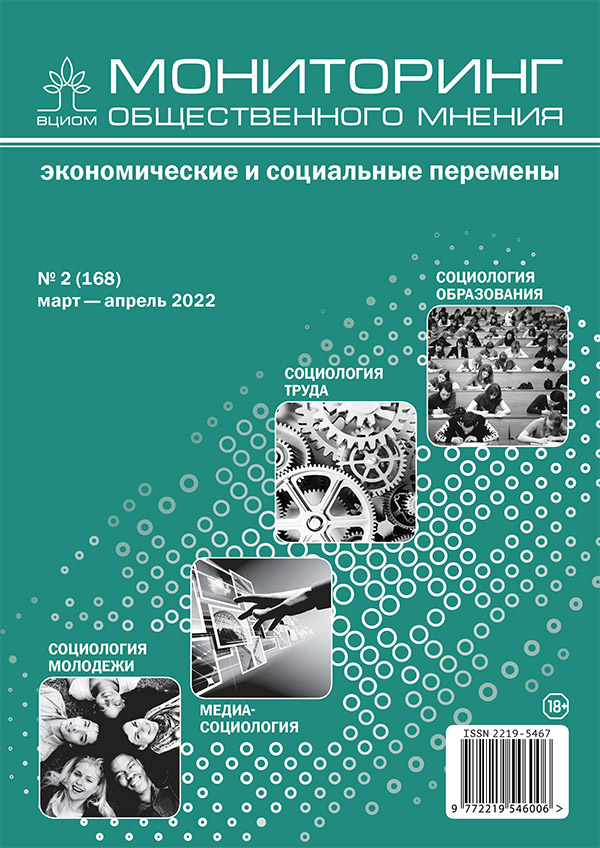“Emotional Utilitarianism” and the Frontiers of Artificial Intelligence Evolvement
DOI:
https://doi.org/10.14515/monitoring.2022.2.2127Keywords:
artificial intelligence, artificial sociality, utilitarianism, social intercourse, emotions, social theoryAbstract
The paper aims to discuss relations between outlooks of utilitarianism on individuals and the subsistence of artificial intelligence (AI) in a society. It deals with two essential questions: a) are there other principles but those developed by utilitarianism for retaining artificial intelligence in everyday life? b) what are the human being attributes that can and cannot be reproduced in artificial intelligence? The starting point for the reflection is the idea that while principles of utilitarianism are debatable when adopted for a concept of the individual in a society, they work fine when appropriated to AI in society. Further, the paper introduces the notion of “emotional utilitarianism”. It characterizes an individual’s emotional dynamics that organize his/her behavior according to the fundamentals of utilitarianism. The authors argue that “emotional utilitarianism” can be reproduced in AI. However, AI fails to execute those features that characterize emotional dimensions of “obschenie” (“social intercourse”) and human interconnectedness. The authors develop their arguments based on the ideas and concepts presented in publications by leading contemporary social theorists — Martha Nussbaum, Alasdair MacIntyre, Mary Midgley, Randall Collins, and Anne Rawls.
Acknowledgments. The study was supported by RFBR and MOST, the research project No. 21-511-52002.
Downloads
Published
How to Cite
Issue
Section
License
Copyright (c) 2022 Monitoring of Public Opinion: Economic and Social Changes Journal (Public Opinion Monitoring) ISSN 2219-5467

This work is licensed under a Creative Commons Attribution-NonCommercial-ShareAlike 4.0 International License.






